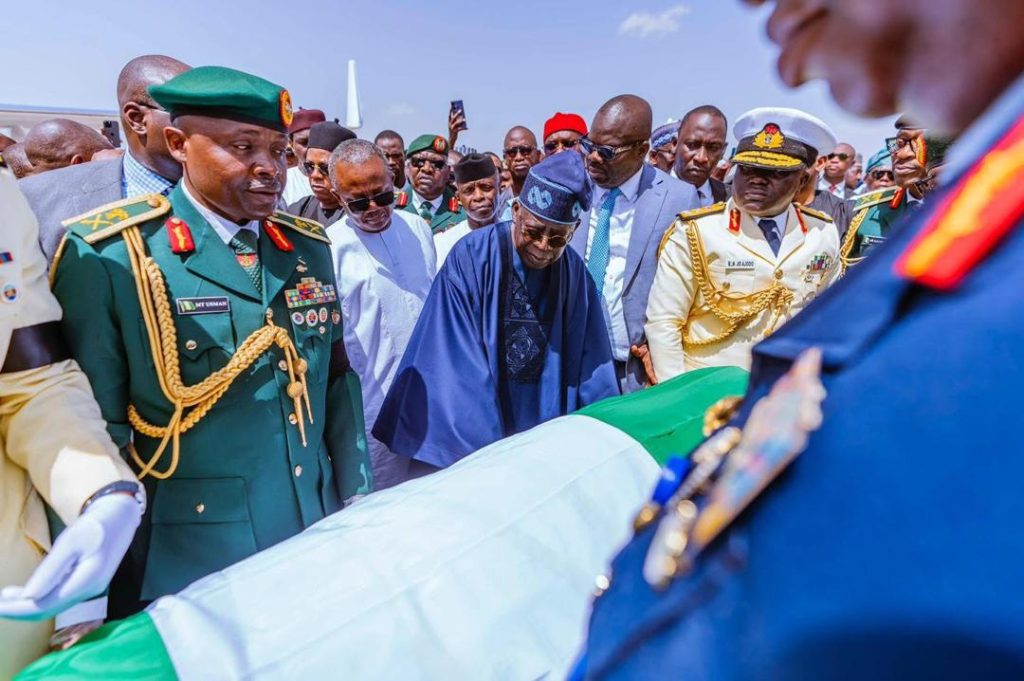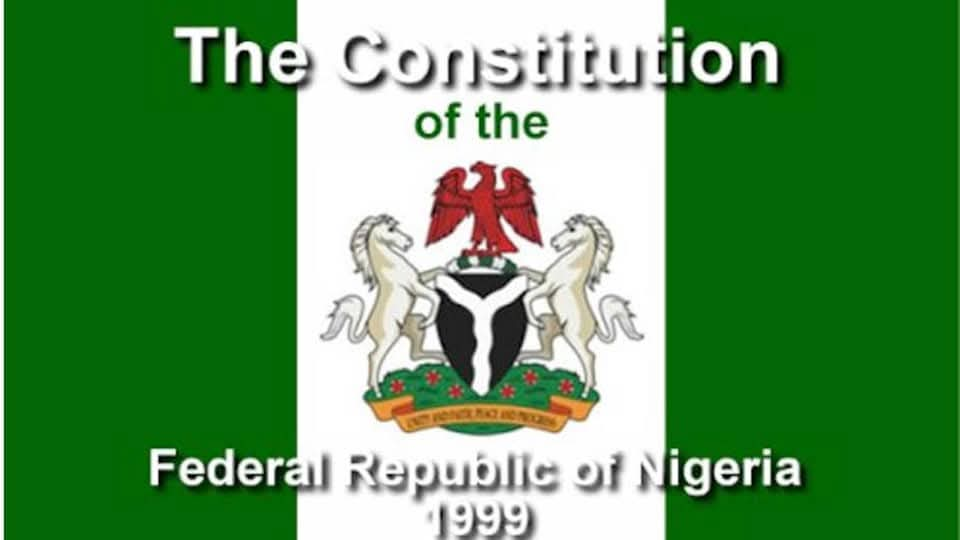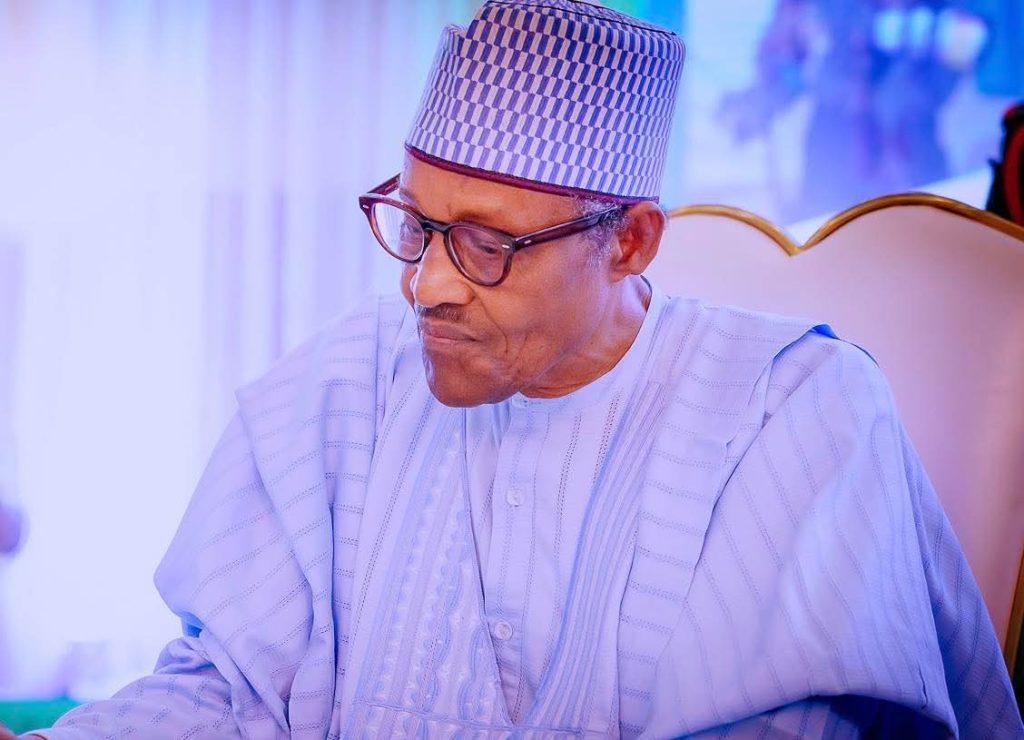News
Vance criticizes Russia’s demands in Ukraine ceasefire talks

JD Vance on Wednesday, May 7, 2025, stated that Russia is demanding “too much” in its negotiations with Ukraine.
Analysts suggest that his comment is a clear indication of mounting frustration within Washington regarding stalled ceasefire talks aimed at ending the war.
Speaking at a security conference attended by senior military and diplomatic leaders in Washington, the U.S. Vice President emphasized the White House’s focus on encouraging direct negotiations between Russia and Ukraine.
He also made it clear that if certain minimum standards are not met, the U.S. is prepared to disengage from the talks.
“I wouldn’t say that the Russians are uninterested in bringing this thing to a resolution,” Vance explained during an interview onstage with Wolfgang Ischinger, president of the Munich Security Council.
“What I would say is, right now, the Russians are asking for a certain set of requirements, a certain set of concessions in order to end the conflict.
“We think they’re asking for too much. OK?”
President Donald Trump, when later asked to comment on Vance’s statement, acknowledged the possibility of its accuracy.
“It’s possible that’s right,” he said, before adding, “We are getting to a point where some decisions are going to have to be made.
!I’m not happy about it … I’m not happy about it.”
Tensions are reportedly rising within the Trump administration over Russia’s inflexibility at the negotiating table.
Key figures like Vice President Vance and Secretary of State Marco Rubio are increasingly frustrated with the lack of meaningful progress.
Steve Witkoff, Trump’s special envoy for the Middle East and Ukraine conflict, has conducted four rounds of direct discussions with Russian President Vladimir Putin.
However, these meetings have failed to extract any significant compromises from the Russian side.
During his speech, Vance reiterated that the administration is prepared to withdraw from the diplomatic process if no progress is made.
“In particular, the step that we would like to make right now is we would like both the Russians and the Ukrainians to actually agree on some basic guidelines for sitting down and talking to one another,” he said.
“Obviously, the United States is happy to participate in those conversations, but it’s very important for the Russians and the Ukrainians to start talking to one another.
“We think that is the next big step that we would like to take.”
Tensions have further escalated since Trump’s meeting with Ukrainian President Volodymyr Zelenskyy at the Vatican last month.
Following the meeting, Trump criticized Russia for continuing its missile attacks on Kyiv and other Ukrainian cities, despite ongoing ceasefire negotiations.
In a written statement, Trump condemned the attacks, stating:
“There was no reason for Putin to be shooting missiles into civilian areas, cities and towns, over the last few days.
“It makes me think that maybe he doesn’t want to stop the war, he’s just tapping me along, and has to be dealt with differently.”
Meanwhile, Russian leadership continues to maintain a hardline stance.
Their demands include:
- a rollback of NATO’s influence,
- restrictions on Ukraine’s security capabilities, and,
- a level of control over Ukraine’s internal political affairs.
Russian Foreign Minister Sergei Lavrov reiterated these demands in a recent interview on Meet the Press.
Referring to U.S. Secretary of State Marco Rubio’s comments, Lavrov said:
“Marco Rubio expressed yesterday, I think, also the assessment that they [the American team] now are getting a better understanding of the Russian position and of the root causes of this situation.”
He went on to cite NATO’s military presence near Russia’s borders and the treatment of national minorities in Ukraine as major points of contention.
In a related development, former President Joe Biden, in his first interview since leaving office, harshly criticized Trump’s strategy.
He described it as “modern-day appeasement” and called the notion that the war could be ended by Ukraine surrendering territory to Russia “foolish.”
These developments analysts have said, illustrate the widening divide between American political leadership and Moscow.
They say it also indicates the deepening complexity of bringing an end to the ongoing war.
While Washington continues to push for direct negotiations between Ukraine and Russia, the lack of compromise, particularly on the Russian side, is forcing U.S. officials to reconsider their approach.
For Diaspora Digital Media Updates click on Whatsapp, or Telegram. For eyewitness accounts/ reports/ articles, write to: citizenreports@diasporadigitalmedia.com. Follow us on X (Fomerly Twitter) or Facebook











